Building muscle mass requires a bit more than logging hours at the gym. Along with working out regularly, you'll need to fuel your body with the right nutrients to support muscle growth.
That means eating a balanced diet that includes plenty of protein and carbohydrates, as well as healthy fats. Plus, adding the right supplements to your diet can help give you an extra edge in gaining muscle mass.
Not all diet plans are created equal, however. So, how do you know which one is best for you? The answer depends on several factors, including your body type, lifestyle, and goals.
Let's dive in and see how the right combination of diet and supplements can help you achieve the goals you want - and more!
What Are the Most Important Nutrients for Muscle Building?
Do you really want to see gains? Then you need to be sure you are getting the right nutrients in your daily diet. If your daily intake lacks any of the following nutrients, it will be difficult to make any significant gains in muscle mass.
Protein:
Protein is the most critical nutrient for building muscle. It's essential for repairing and rebuilding muscles after your workouts.
A sedentary individual should aim to consume roughly 0.36 grams of protein per 0.8 grams per kg of body weight each day. So shoot just beyond this based on your body type and size to gain the full impact.
Good sources of protein include lean meats, poultry, fish, eggs, dairy products, beans, and soy products.
Calcium:
Calcium is important for maintaining strong bones and muscles. It also helps with nerve function and aids in fat loss. The recommended daily intake of calcium is 1,000 mg for adults.
Good sources of calcium include dairy products, leafy green vegetables, and tofu.
Vitamin D:
Vitamin D is essential for bone health and muscle growth. It also helps with fat loss and prevents injuries - and does wonders for your mental health!
Good sources of vitamin D include sunlight, fatty fish, mushrooms, and fortified dairy products.
Glutamine:
Glutamine is an amino acid that helps with muscle recovery, immune function, and cell volumization, leading to muscle growth. The recommended daily intake of glutamine is about 10-15 grams.
Good sources of glutamine include meats, poultry, fish, and dairy products.
Potassium: Potassium is an electrolyte that helps with muscle function, hydration, and recovery. The recommended daily intake of potassium is 4,700 mg.
Good sources of potassium include fruits, vegetables, meat, poultry, and fish.
Creatine:
Creatine is a supplement that helps with energy production, cell volumization, and muscle growth. It's also been shown to improve cognitive function and reduce oxidative stress. The recommended daily intake of creatine is about 3-5 grams.
Good sources of creatine include meats, poultry, and fish.
Water:
Water is essential for hydration, important for overall health and performance. You should aim to drink 8-10 cups of water per day.
Good sources of water include, well, water!
Common Mistakes People Make When Trying to Gain Muscle
Now that we know the essential nutrients for muscle building let's take a look at some common mistakes people make when trying to gain muscle.
1. Not Consuming Enough Calories
In order to build muscle, you need to consume more calories than your body burns. This is because your body needs those extra calories to fuel your workouts and repair and rebuild your muscles afterward.
If you don't eat enough calories, you will likely see a decrease in strength and endurance, and you may even lose muscle mass.
2. Not Eating Enough Quality Protein
As we mentioned before, protein is essential for repairing and rebuilding muscles after your workouts. If you don't eat enough protein, your body won't have the necessary building blocks to make those gains. It might be time for a supplement.
3. Too Much Fat In Their Diet
While fat is an essential nutrient, overeating of it can lead to weight gain - which is the last thing you want when trying to build muscle.
Aim for a diet that consists of 20-30% fat, with the rest coming from protein and carbohydrates.
4. Not Drinking Enough Water
It bears repeating because it is so easy and free! Try getting a water bottle with measurements on it so you can track your daily consumption. Keep it within reach and drink throughout the day.
5. Not Getting Enough Sleep
Sleep is important for muscle growth, as it's during this time that your body repairs and rebuilds muscles.
If you don't get enough sleep, you'll likely see a decrease in strength and endurance, and you may even lose muscle mass. Sleep plays an integral role in nearly every bodily function, so make sure you're getting enough!
6. Not Adding Supplements to Your Diet
Adding supplements to your diet can help you reach your goals faster. Creatine, for example, has been shown to improve energy production and muscle growth. If you aren't supplementing your diet, you're likely not getting all the nutrients your body needs to build muscle.
Do Men and Women Have Different Dietary Needs for Muscle Gain?
Many of the same recommendations exist for women and men when it comes to muscle growth. However, there are a few key differences to keep in mind.
In general, women should focus on getting enough protein, carbohydrates, healthy fats, vitamins, and minerals. Women also need to be sure they're drinking enough water and getting enough sleep.
When it comes to specific nutrient needs, women generally require slightly less protein than men - about 0.8 grams per pound of body weight, compared to 1-1.2 grams per pound for men.
Women also need more iron than men, as they lose iron each month during menstruation. The recommended daily iron intake for women is 18 mg, compared to 8 mg for men.
What Supplements To Take When You Can’t Cover Everything in Your Diet
If you are looking to maximise your gains, it can help to add supplements to your diet. Here are a few of our favourites:
1. Creatine:
Creatine has been shown to improve energy production and muscle repair.
2. Protein powder:
Protein powder is a quick and easy way to get the protein your body needs for muscle growth. Look for a quality whey or casein protein powder.
3. BCAAs (branched-chain amino acids):
BCAAs are essential for muscle growth and recovery. These work by reducing muscle breakdown and promoting protein synthesis.
4. Beta-alanine:
Beta-alanine is an amino acid that has been shown to improve exercise performance and muscle growth. The recommended daily intake of beta-alanine is 2-5 grams.
Building a Holistic Muscle-Gaining Diet Plan
If you want to see real results from your efforts to build muscle, you need to focus on more than just working out. You also need to make sure you're eating a nutritious diet that will support your goals.
As we've covered above, there are a few key things to keep in mind when planning your diet:
1. Make sure you're eating enough calories.
2. Get enough protein, carbohydrates, and healthy fats.
3. Drink plenty of water to stay hydrated.
4. Get enough sleep to allow your body to recover and rebuild muscle.
5. Consider adding supplements to your diet to help you reach your goals faster.
When it comes to creating a muscle-gaining diet plan, there is no one-size-fits-all approach. Everyone has different calorie and nutrient needs that are based on their age, weight, activity level, and goals.
However, by following the general guidelines above, you can create a plan that will help you build muscle and reach your fitness goals.
Ready to Give Your Gains a Boost?
If you are ready to take your diet plan to the next level, add quality supplements to your daily intake. Here at HERC’s, we specialise in offering the best quality supplements to help you reach your fitness goals. Here’s a few products we recommend to get you off to a good start:
Creatine

PEScience TruCreatine 156g
$29.99
Protein Powder

CBUM x Raw Nutrition Iso-Protein 25 servings
$69.99
BCCAs

Ghost Amino 40 servings
$54.99
Beta-Alamine

Allmax Beta-Alanine 400g
$34.99
Shop our selection of supplements today and learn how you can boost your muscle gain with the help of quality nutrients and expert guidance. Still have questions? Schedule a free video chat with one of our store’s nutrition experts. They’ll help you shop and create a customised nutrition plan for your lifestyle needs and goals.


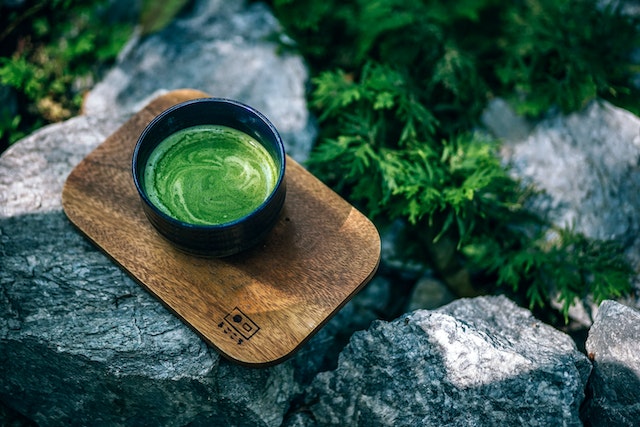
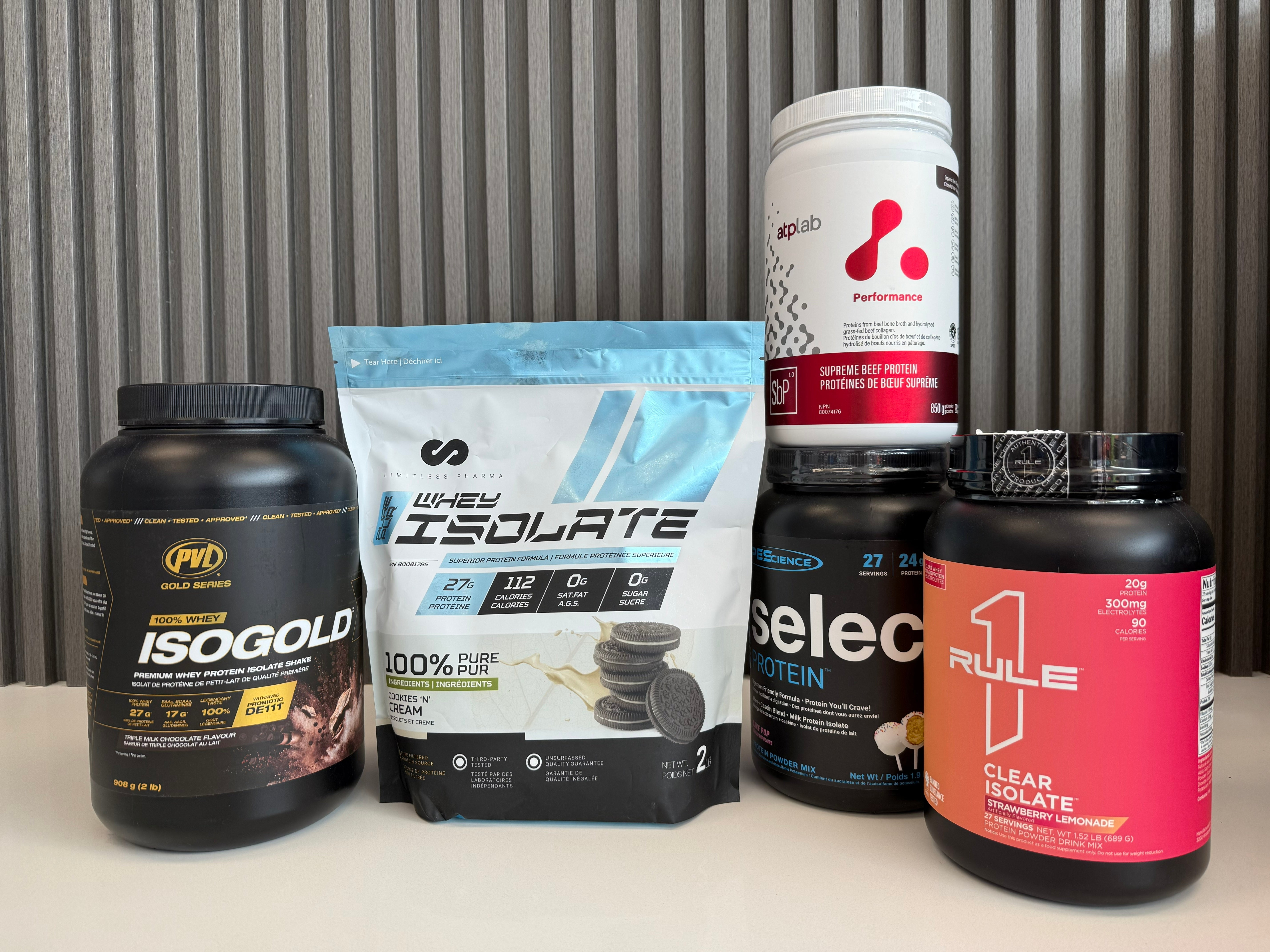
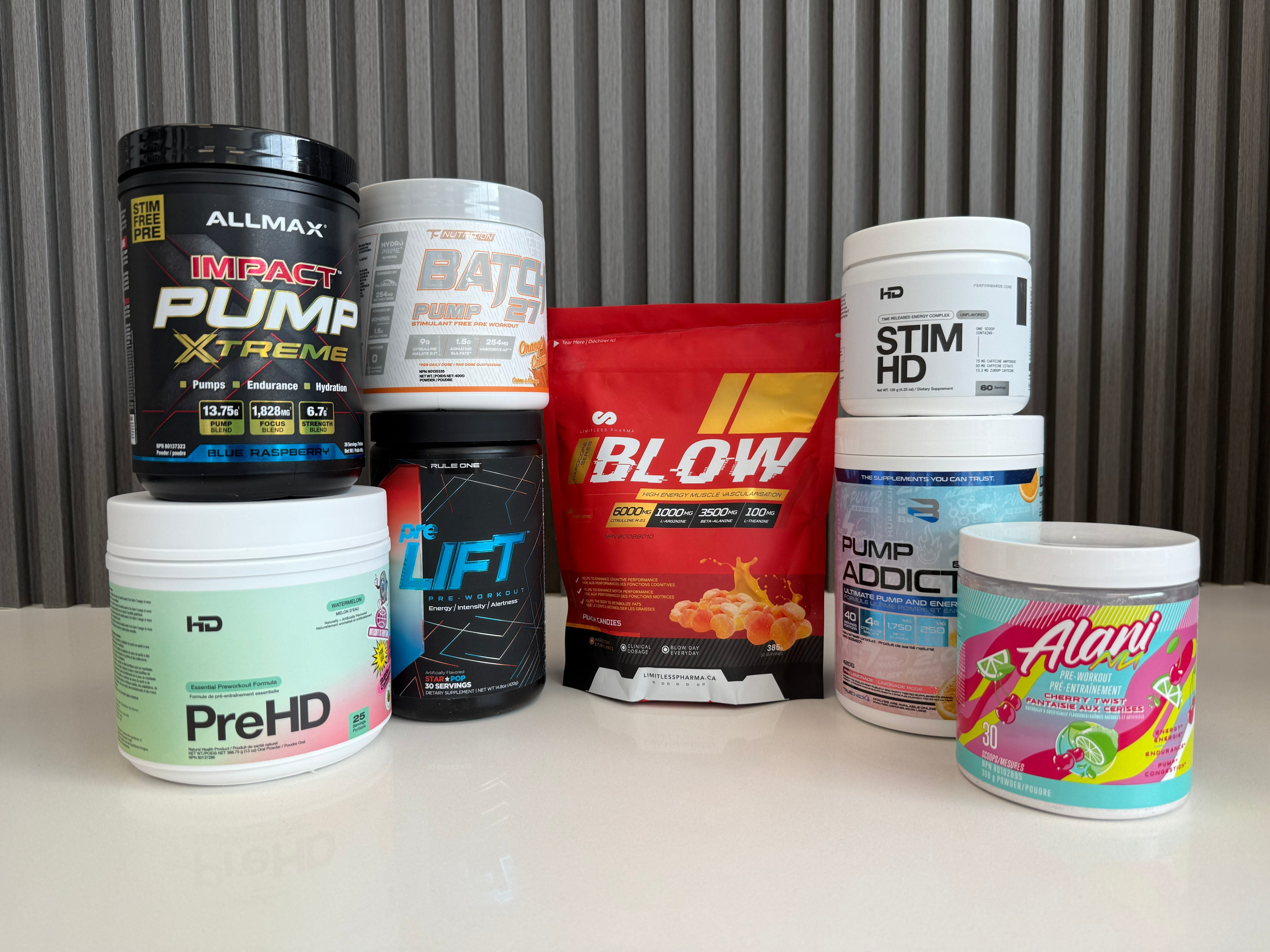
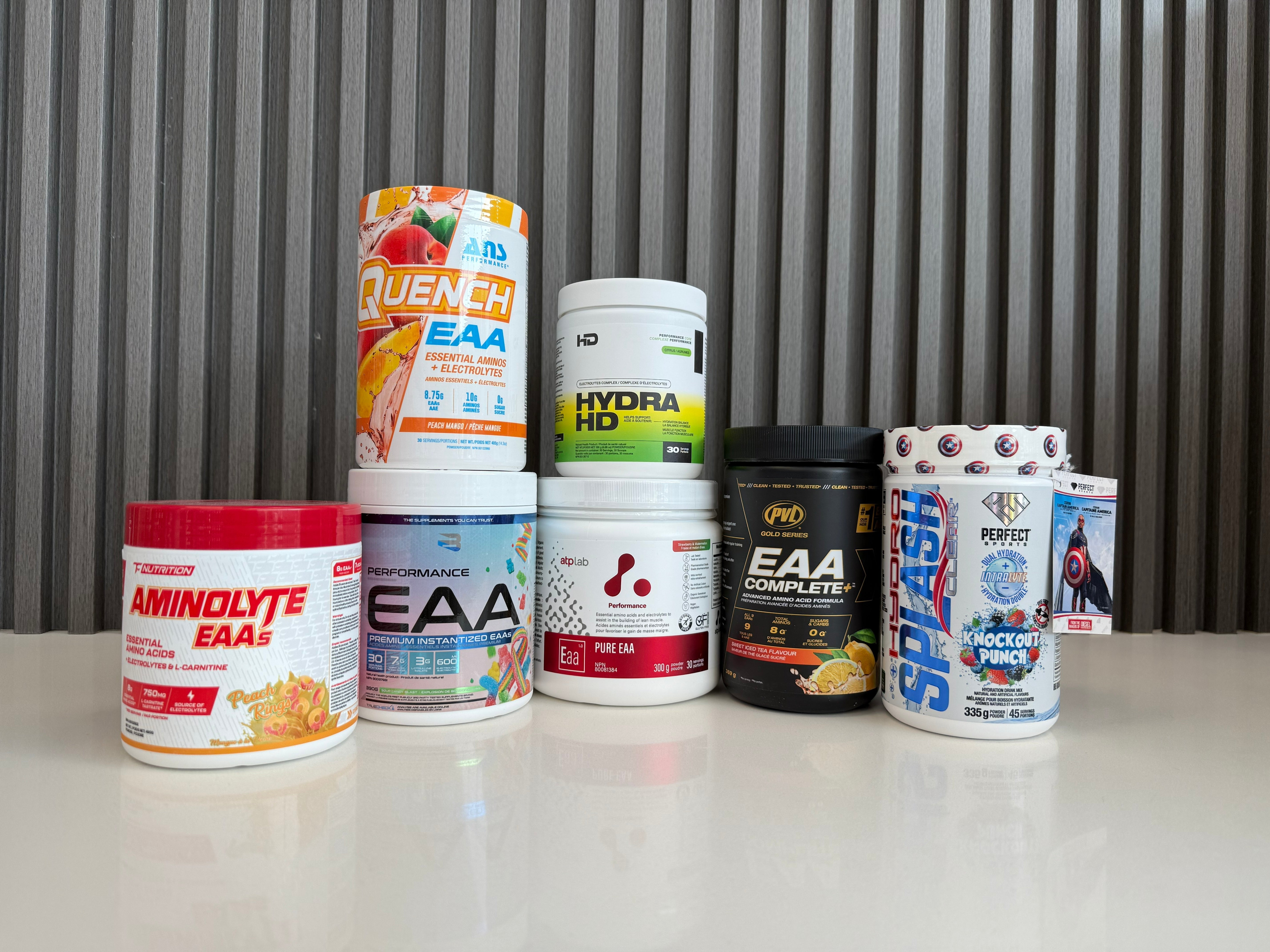
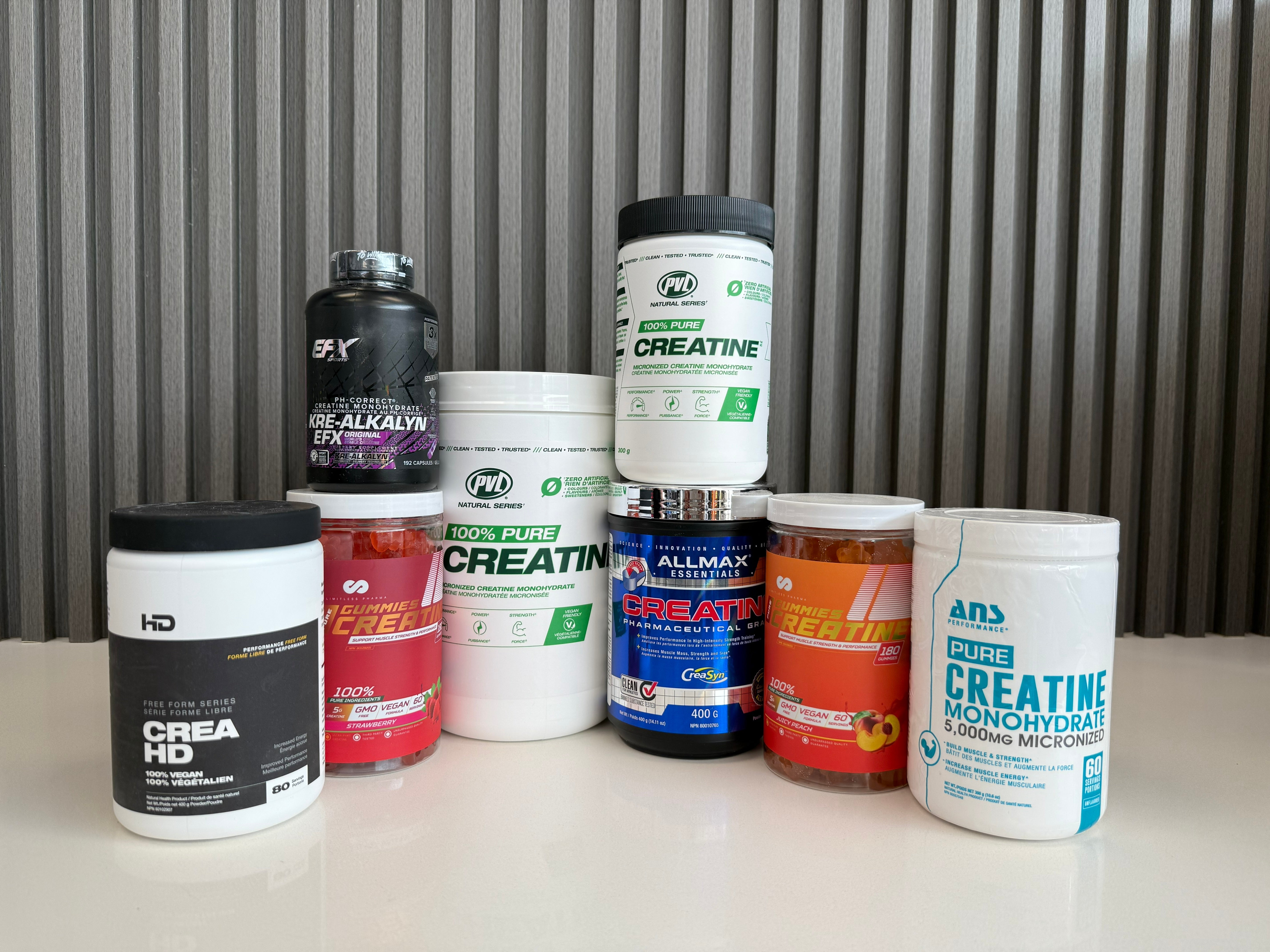

Leave a comment
All comments are moderated before being published.
This site is protected by hCaptcha and the hCaptcha Privacy Policy and Terms of Service apply.